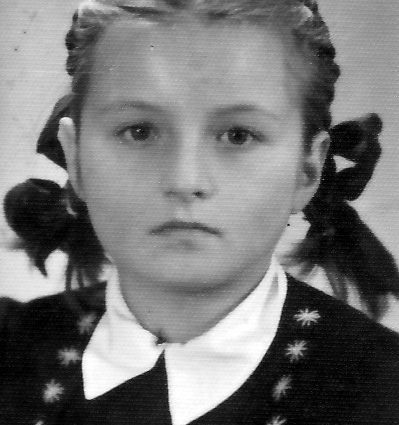Hevitra ato Anatiny
What are the underlying motives for the actions of famous literary characters? Why do they make this or that choice, sometimes putting us, the readers, into confusion? We are looking for an answer with a psychologist.
Why didn’t Larisa become a mistress to the wealthy Mokiy Parmenych?
Moky Parmenych talks to Larisa like a business person: he announces the conditions, describes the benefits, assures him of his honesty.
But Larisa does not live by profit, but by feelings. And her feelings are in turmoil: she has just learned that Sergei Paratov, with whom she spent the night of love (thinking that now they will get married), is engaged to another and is not going to marry her. Her heart is broken, but it’s still alive.
To become the mistress of Mokiy Parmenych for her is tantamount to giving up herself, ceasing to be a person with a soul and becoming an inanimate object that meekly passes from one owner to another. For her, this is worse than death, which she ultimately prefers to being a «thing».
Larisa came up with a punishment for herself, although she is not to blame for the fact that she does not have a dowry
Larisa grew up without a father in a poor family. The mother struggled to marry her three daughters (Larisa the third). The house has long been a gatehouse, the mother trades in the favor of her daughter, everyone knows about her plight.
Larisa is trying to solve three problems: to separate from her mother, to acquire a stable social status of «wife» and to stop being the object of men’s sexual desires. Experiencing shame because of life in the «gypsy camp», Larisa decides to entrust herself to the first who will offer her hand and heart.
Moral masochism plays a central role in making such a decision. Larisa came up with a punishment for herself, although she is not to blame for the fact that she does not have a dowry; that Paratov left her in order not to go too far and marry a poor girl; that her mother is trying to «attach» her to marry unsuitable people.
The pain that Larisa inflicts on herself has a flip side — a moral triumph over her mother, over rumors and gossip, and the hope of a quiet life in the village with her husband. And accepting the proposal of Mokiy Parmenych, Larisa would act according to the rules of calculation, would become part of a world that is alien to her.
Mety ho hafa ve izany?
If Moky Parmenych had been interested in Larisa’s feelings, sympathized with her, tried to support her not only financially, but emotionally and morally, did not rush into a decision, perhaps the story could have continued differently.
Or if Larisa were independent, separated from her mother, she could find a worthy, although, perhaps, not a rich person. She could develop her musical talent, would distinguish sincere feelings from manipulation, love from lust.
However, the mother, who used her daughters as a way to get money and social status, did not allow her ability to make choices, or intuition, or self-reliance to develop.










